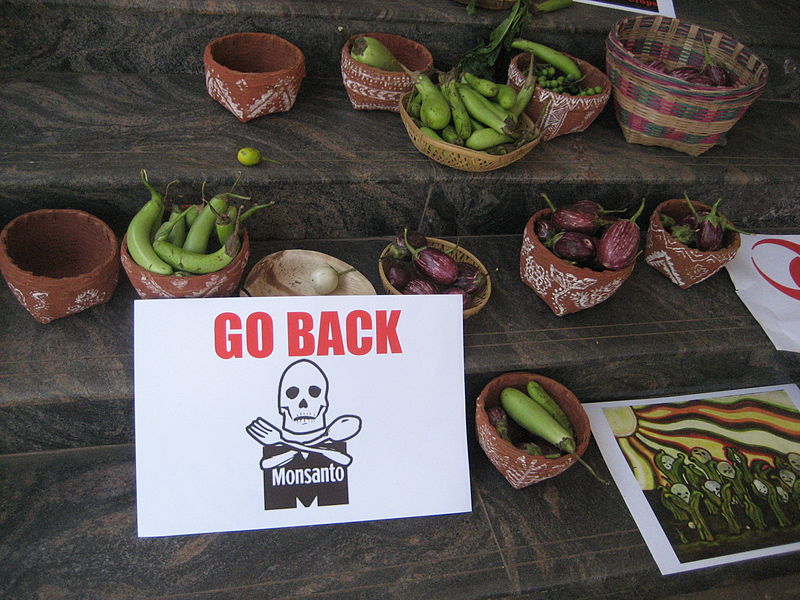GMOs and the health of the average citizen
Though awareness is only recently increasing, Genetically Modified Organisms (GMOs) are quickly shaping up to be the next target of attack from health-concerned citizens, perhaps even to the level of replacing the old staple enemy of cigarettes. There are many questions regarding the health impact of these products. What makes the issue even more concerning is that a great majority of products sold in the
We hear about lots of things that are going to cause us harm, such as too much sugar causing diabetes or saturated fats giving us heart attacks. But why do items like GMOs or corn syrup tend to slip through the cracks? In the case of GMOs, the lack of oversight is mostly due to the company Monsanto, the super-powered corporation that channels huge amounts of money into making sure that laws working against them do not pass, regardless of the health consequences. Despite studies on animals suggesting that there may be dangers to human beings, they continue to promote the view that they are 100 percent healthy.
So what are we, as average citizens, to do if we want to stay healthy and avoid consuming what is essentially a scientific experiment in progress? Well, we could try to pass laws against the GMOs, requiring that companies take responsibility and let us know what we’re eating. These same laws are present in many countries and began to show up as early as 15 years ago. A map here shows which countries currently consider GMOs unhealthy enough to warn their citizens. And more countries adopt regulations every year. But the
Personally, I would avoid GMOs altogether if I could, but trying to figure out which foods are GMO-free is complicated to say the least. Some sites provide tips on how to get GMOs out of your diet and one even offers an app for your phone that will help you out while you’re shopping. These are great advances toward protecting our health, but still only focus on the symptoms instead of the disease itself.
When you’re living on a budget, eating healthy can be hard. When shopping becomes a challenge, health suffers even more. So we buckle down and eat the things that may eventually give us cancer or rot our bones or bestow upon us the not-so-welcome gift of diabetes. I encourage everyone reading this to stay aware of what they eat and look carefully into what these politically backed corporations are trying to sell us. Remember, the next generation of people eating these potentially dangerous foods will be our children.
India Monsanto Protest photo courtesy of Infoeco via Wikicommons
